5 movies that reflected the ‘wind of change’ during the USSR’s final years

1. ‘The Asthenic Syndrome’ (1989) by Kira Muratova
This disturbing movie is in many ways Muratova’s summing up of the entire Soviet era. It puts a spotlight on the most vulnerable people, those who are finding themselves superfluous.
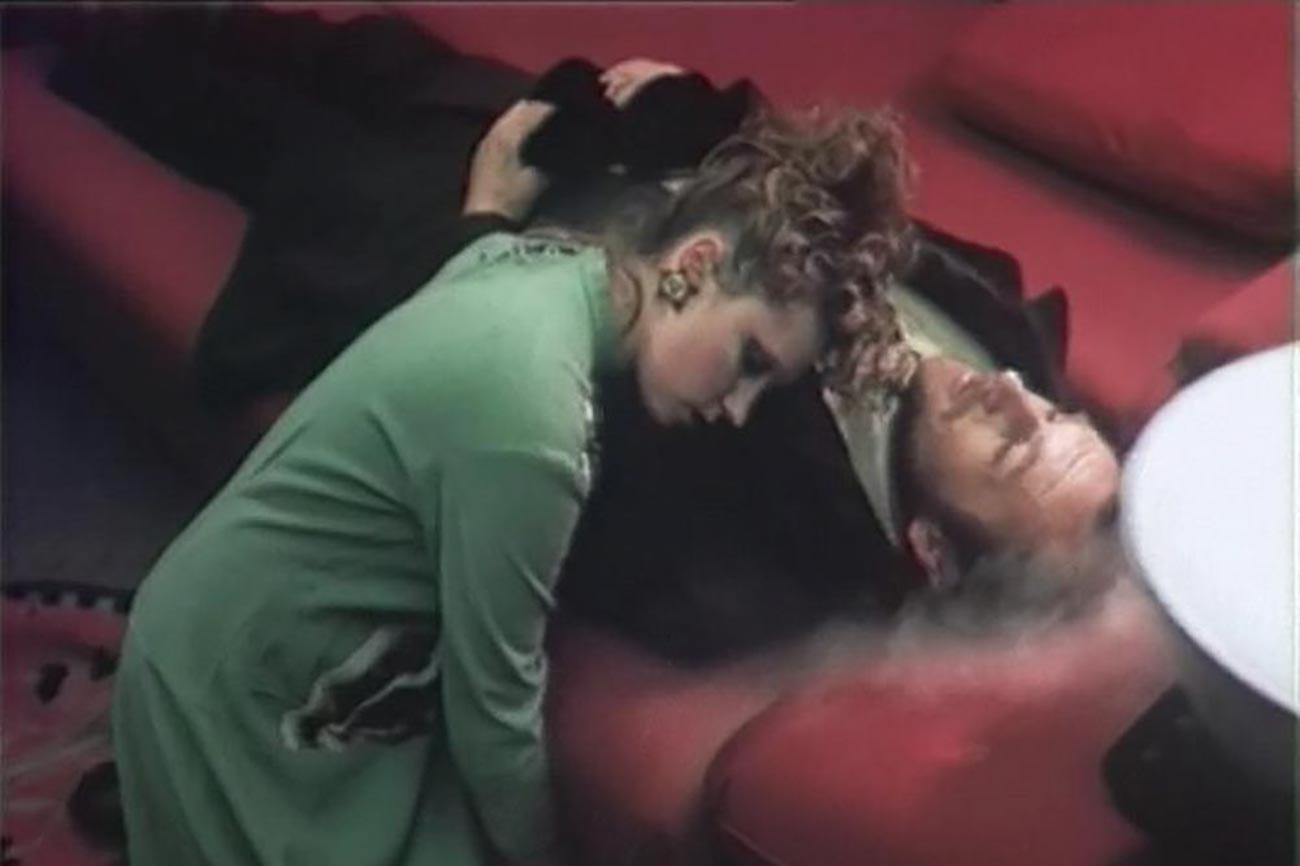
Nobody needs to worry about them. They are alone, unassisted and abandoned by everybody, like the elderly manservant Firs in Anton Chekhov’s ‘Cherry Orchard’. In one scene in the movie, a man falls asleep on the subway train, with no one trying to find out whether he is alive or dead. Apparently, Soviet society hit an emotional roadblock in its final years. The bottom line is that no one cares about anyone and this total indifference is a dangerous trend. It’s a well-written and brilliantly acted movie in which foul language was first heard on screen, like another proof that people desperately needed to be given the long-awaited freedom. It’s no coincidence the drama takes its title from a physical condition, which causes total psychological exhaustion.
Watch it with English subtitles here.
READ MORE: Top 5 Soviet female movie directors
2. ‘Repentance’ (1984) by Tengiz Abuladze
The movie was kept on the shelf for several years and hit the big screen only in the late 1980s.
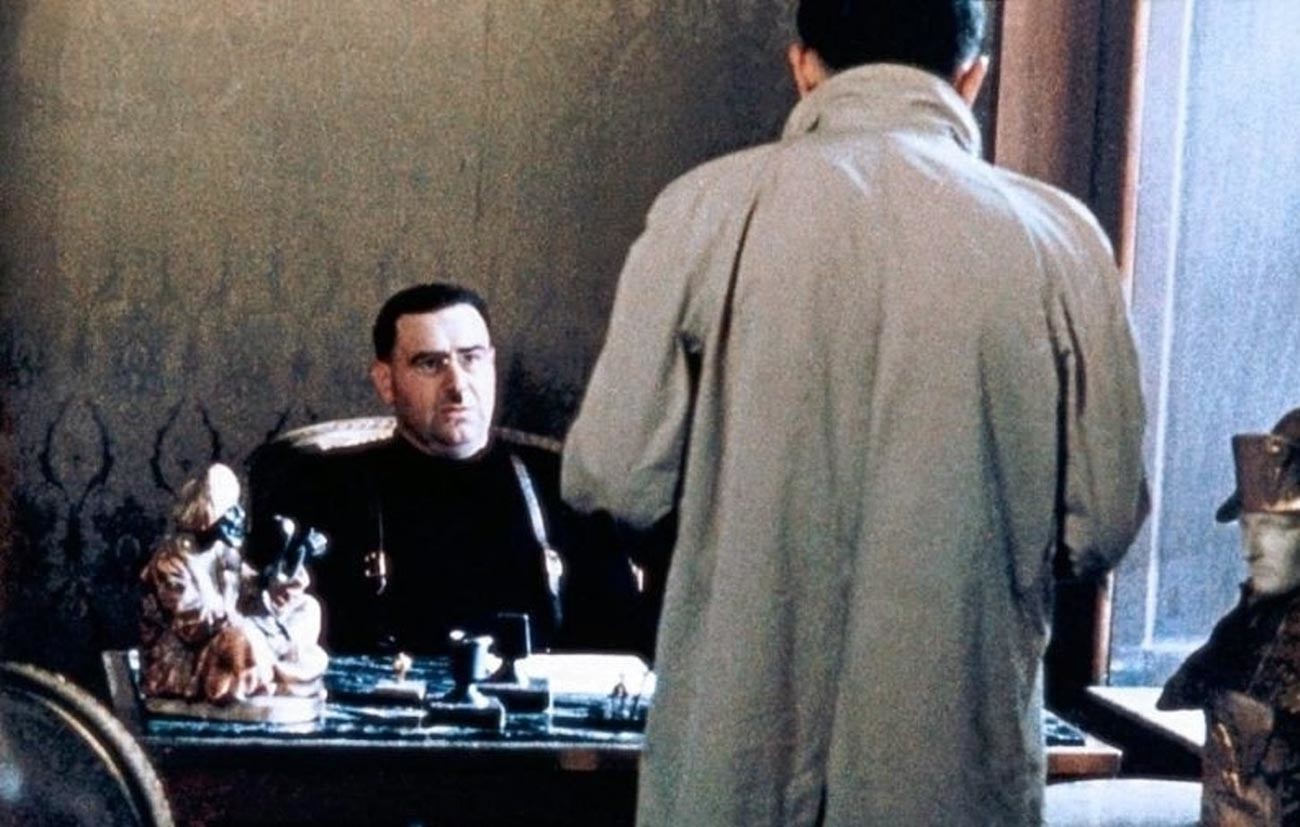
The drama immediately attracted attention and scooped a number of international awards, including the Grand Prix of the Jury at the 1987 Cannes Film Festival. Soviet censors withdrew it on ideological grounds. Abuladze’s masterpiece was way ahead of its time. Some film critics believe that the movie actually launched the era of Perestroika in Soviet cinema. It reflected the turning point in the state of society. Abuladze actively used Christian symbolism in his drama, telling the story of a local dictator, a certain Varlam Aravidze, whose appearance and behavior bear the signs of Joseph Stalin, Adolf Hitler and Benito Mussolini and whose victims are likened to Christ in their mortal sufferings.
Although the philosophical drama is set at an uncertain time, it smelled very tangibly of the 1980s - a naive and selfish era, when many believed that if everybody unanimously said goodbye to the nasty past, a new happy life would immediately begin. How wrong they were! The ending of the nearly two-and-a-half-long movie is open-ended for everyone to learn lessons from past mistakes.
Watch it with English subtitles here.
3. ‘The Needle’ (1988) by Rashid Nugmanov
This movie reflected the mood of those who sank into an ocean of uncertainty and despair during Gorbachev’s Perestroika.
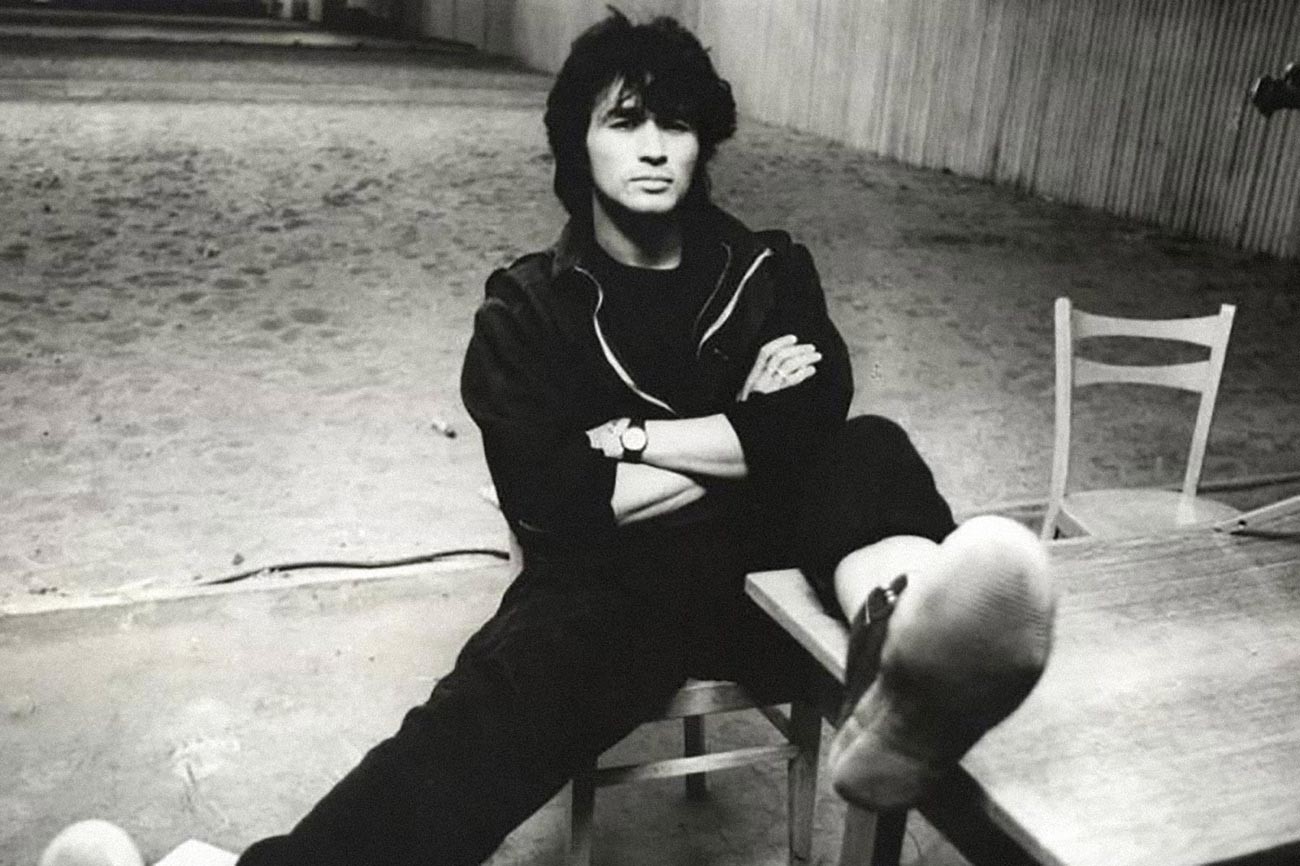
The decline of basic moral principles, doubts about the country’s future and the general feeling of uselessness comes alive in Rashid Nugmanov’s drama. ‘The Needle’ is a very convincing and grim portrait of the time when schoolboys got sucked into the dark side of drugs and crime, when youngsters could be beaten and killed in the dark corners of towns, where innocence was lost for good. The movie is heavy on plot and atmosphere, tinged with bitterness and pessimism. The energetic frontman of the 1980s rock band ‘Kino’, Viktor Tsoi, brings enormous charisma to the lead role. He portrays a young man called Moreau who finds out that his former girlfriend has become a drug addict. He decides to rescue her and crack down on the drug suppliers. Apparently, it’s a do-or-die battle. The moment captured in the movie is unmistakable. Destruction and collapse lingered in the air in the late 1980s. ‘The Needle’ hovers over the Soviet and post-Soviet reality, anticipating an end of an era. Perhaps because of that, the movie feels like a spoonful of sugar after swallowing a terribly bitter pill.
Watch it with English subtitles here.
4. ‘Little Vera’ (1988) by Vasily Pichul
‘Little Vera’ is a slow-burning drama about life in provincial USSR. A rebel at heart Vera (“Faith” in Russian) doesn’t want to live according to the laws of the existing society.
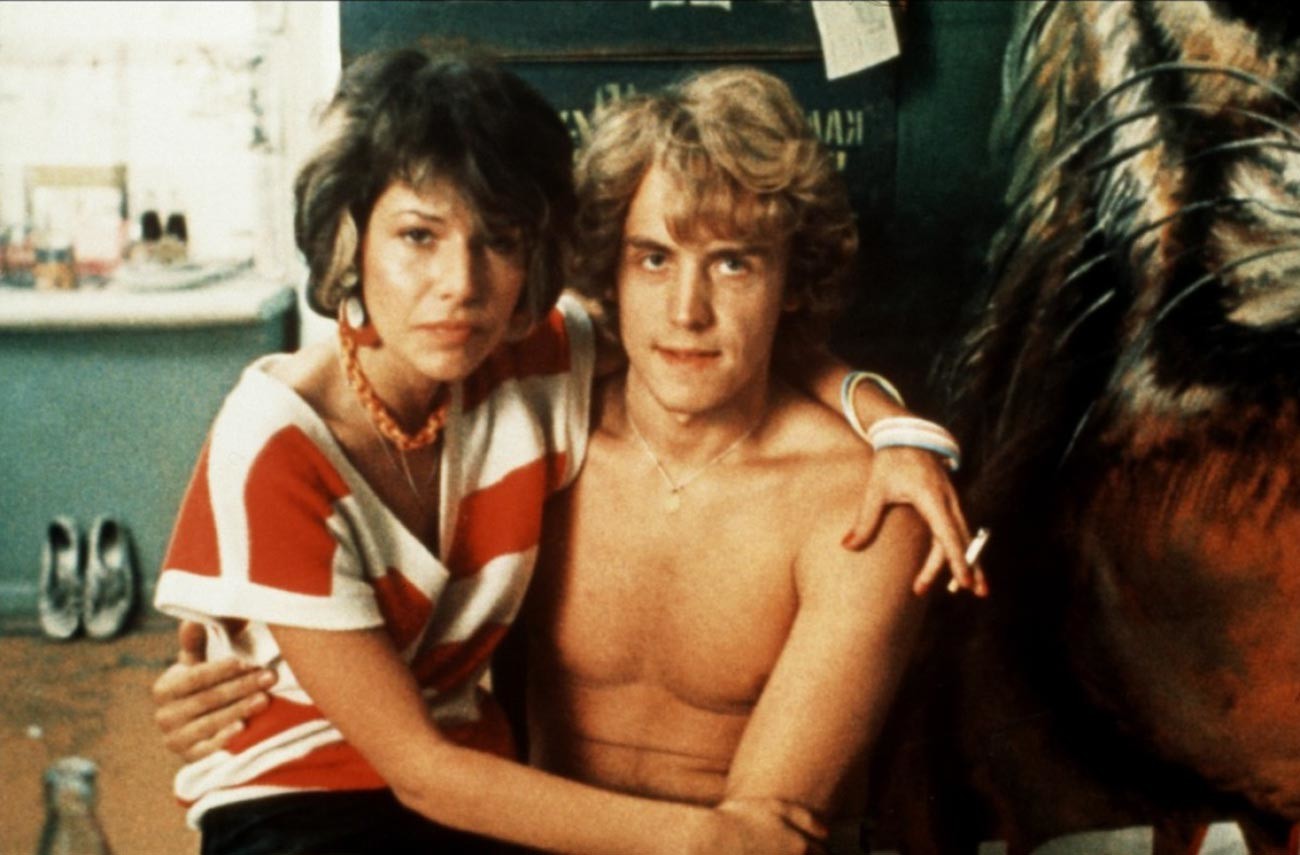
She lives life to the full, hanging out with friends, with binges of alcohol and sex. Things take a decidedly different turn when she hits it off with Sergei, a smart, handsome and sharp-tongued student. He is that rare person who wants a different life for himself.
READ MORE: 7 Soviet FAMILY movies that are true to reality
Although the movie was filmed in the final days of the Soviet era, it stands out for its unprecedented honesty and frankness. A scene where Vera (Natalia Negoda) has sex with Sergei became the talk of the town. In many ways, Pichul’s movie had a sobering effect on people, as it holus-bolus destroyed the lies of the communist ideology about the well-being of the ideal Soviet family, mercilessly turning inside out all its sins, including alcoholism, narrow-mindedness and intolerance, ignorance and arrogance, complete lack of spirituality and fanatical immersion in everyday life. In many ways, ‘Little Vera’ is about the “sexual revolution” in the late USSR, but, to a greater extent, it’s a story about a conflict between the generations, a clash of nihilistic youth and their parents stuck in a quagmire of moral compromises. ‘Little Vera’ is about the long-awaited personal or even private awakening. Young people didn’t care about the fate of the country as much as they cared about their love lives. It’s not a coincidence that the movie is entitled ‘Little Vera’, literally “Little Faith”.
Watch it with English subtitles here.
5. ‘Assa’ (1987) by Sergei Solovyev
Sergei Solovyev’s masterpiece is a symbol of the bygone era. In a nutshell, it was an era of change.
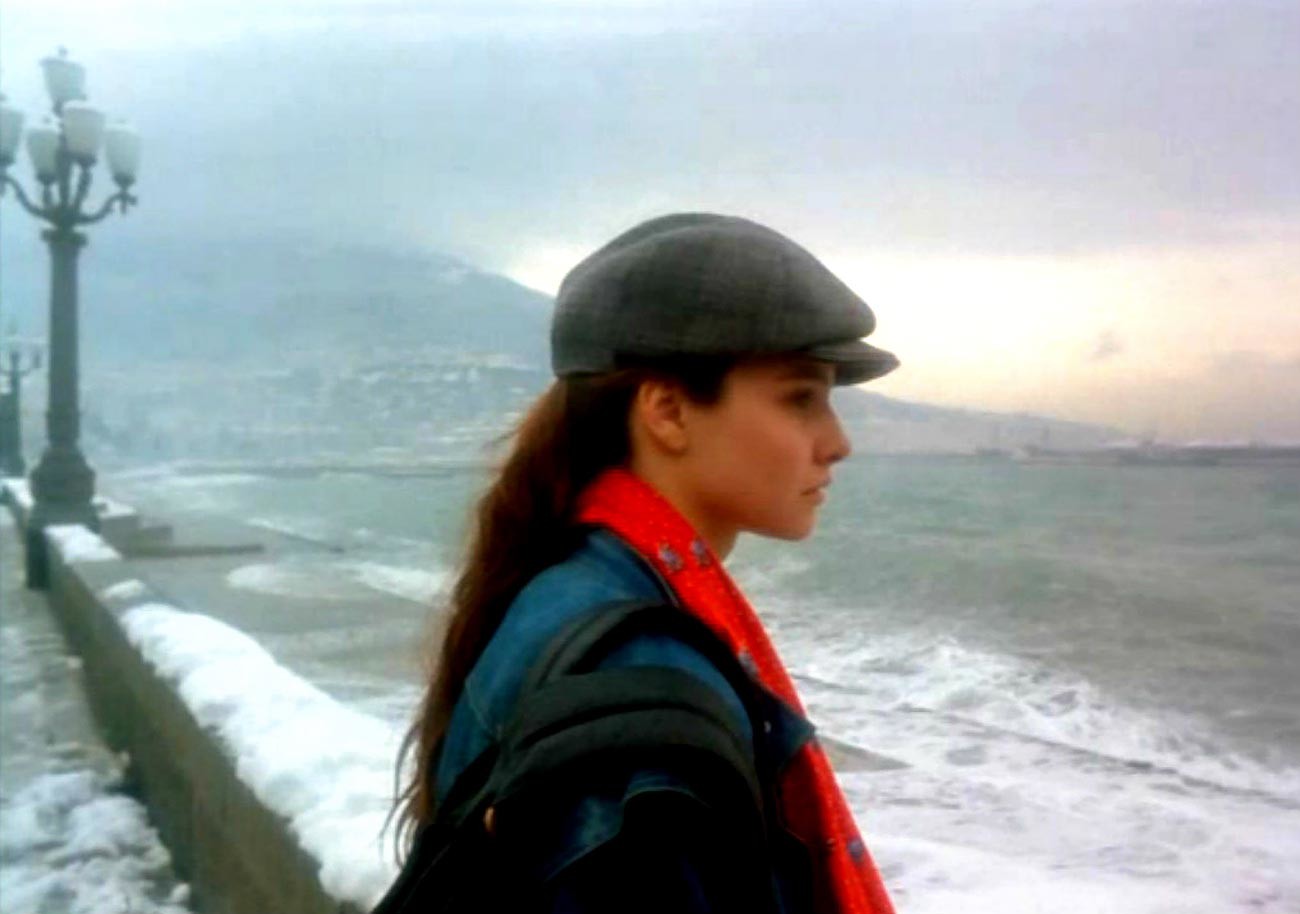
In the late 1980s, the whole country (it was still the Soviet Union) was like a huge iceberg, drifting towards southern latitudes and melting right before our eyes. Everything that had always seemed unshakable and predetermined, suddenly began to collapse, giving way to the new, scary and unknown. ‘Assa’ became a truly iconic movie for a generation of Soviet youths, who couldn’t help singing along with rock legend Viktor Tsoi in the finale of the movie: “Change, we are waiting for change!”
‘Assa’ is set in the resort city of Yalta, facing the Black Sea, and has more plot twists than an Agatha Christie movie. A young underground musician has a crush on a beautiful medical nurse. The problem is, Alika (played by the amazing Tatiana Drubich) is a gangster’s mistress. The dreamy girl with large, infantile eyes finds herself torn between the two men, one of whom is a criminal and the other is a hipster. Sadly, one can’t have the best of both worlds.
Watch it with English subtitles here.
READ MORE: How the ‘Russian Arm’ took the movie industry by storm
If using any of Russia Beyond's content, partly or in full, always provide an active hyperlink to the original material.
Subscribe
to our newsletter!
Get the week's best stories straight to your inbox